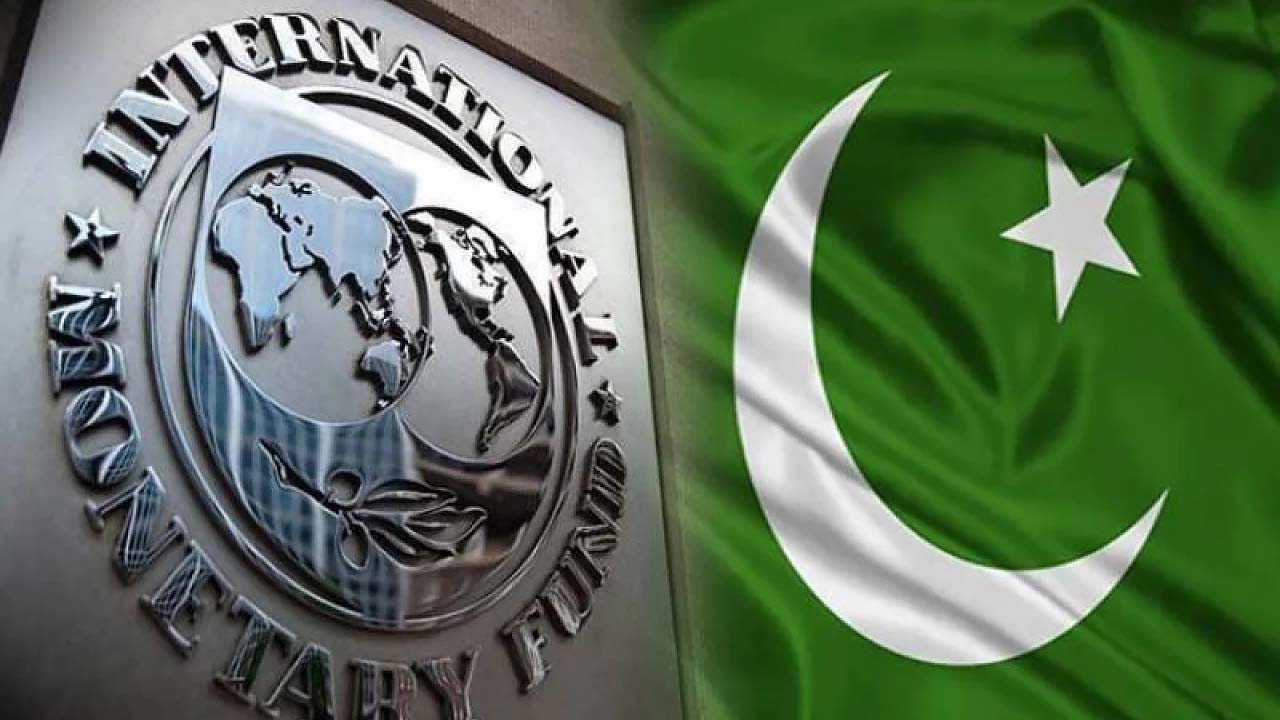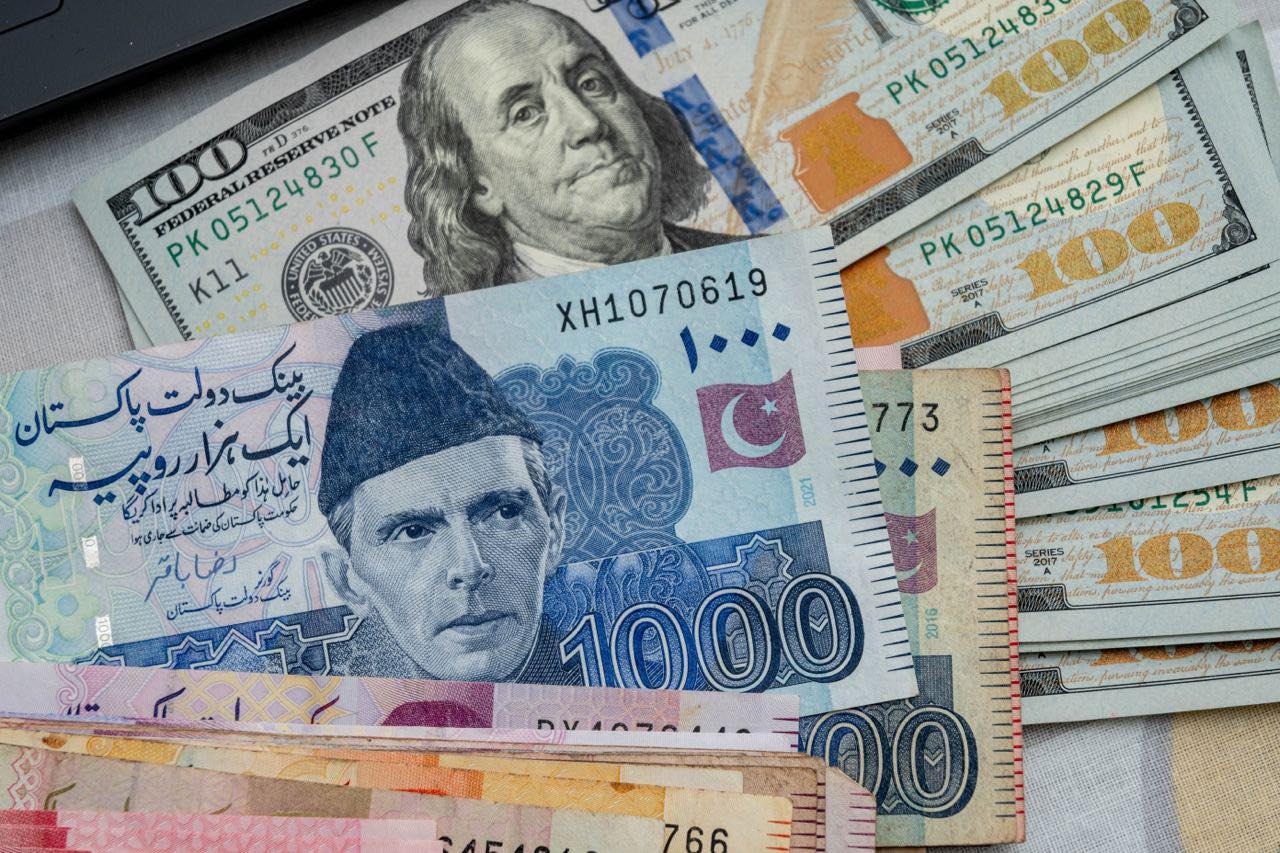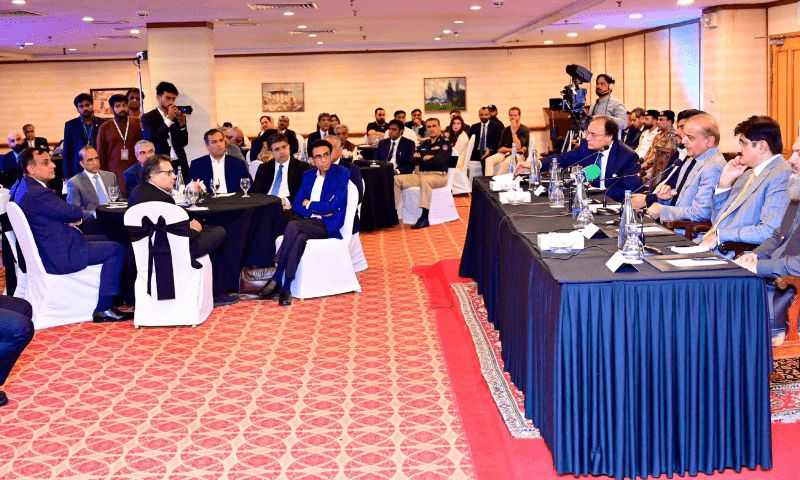PTBP Web Desk
The International Monetary Fund (IMF) announced on Thursday that while Pakistan has made significant progress toward restoring economic stability, the country’s “vulnerabilities and structural challenges remain formidable.”
This statement follows the IMF Executive Board’s approval of a $7-billion Extended Fund Facility (EFF) for Pakistan, aimed at supporting the nation’s economic reforms over the next 37 months. The program, designed to promote fiscal sustainability and long-term economic growth, highlights both Pakistan’s achievements and the pressing need for continued reforms in areas like governance, infrastructure, and public services.
In a press release, the IMF noted that despite efforts by the Pakistani government, the country continues to face obstacles that hinder investment and economic growth. “A difficult business environment, weak governance, and an outsized role of the state hinder investment, which remains very low compared to peers, while the tax base remains too narrow to ensure tax fairness, fiscal sustainability, and meet Pakistan’s large social and development spending needs,” the IMF said.
The IMF’s Executive Board formally approved the $7 billion EFF after concluding the 2024 Article IV consultation. This decision allows for the immediate disbursement of approximately $1 billion (SDR 760 million), with the remainder of the funds distributed over the 37-month program period. The EFF is a critical financial tool designed to help Pakistan strengthen its economic framework while addressing pressing challenges like low investment levels and a narrow tax base.
The EFF is intended to build on Pakistan’s previous Stand-by Arrangement (SBA), which helped stabilize the country’s economy over the course of 2023-24. During this period, Pakistan implemented consistent fiscal and monetary policies, resulting in significant progress. Growth rebounded to 2.4% in FY24, primarily driven by a strong agricultural sector, while inflation was reduced to single digits due to the government’s tight fiscal measures.
The IMF commended these achievements, noting, “Growth has rebounded (2.4% in FY24), supported by activity in agriculture, while inflation has receded significantly, falling to single digits, amid appropriately tight fiscal and monetary policies.” Additionally, the current account deficit has remained contained, and foreign exchange market conditions have stabilized, allowing Pakistan to rebuild its foreign exchange reserves.
Despite these positive developments, the IMF warned that Pakistan’s vulnerabilities remain significant. Weak governance, insufficient investment in health and education, and inadequate infrastructure continue to limit Pakistan’s economic potential. Furthermore, the IMF highlighted the risks posed by climate change, which exacerbate these existing challenges.
“Pakistan’s vulnerabilities and structural challenges remain formidable,” the IMF cautioned. “In particular, spending on health and education has been insufficient to tackle persistent poverty, and inadequate infrastructure investment has limited economic potential and left Pakistan vulnerable to the impact of climate change.”
Without further reforms, the IMF warned, Pakistan risks falling behind other nations in terms of economic development. The global lender emphasized that while progress has been made under the previous SBA, more needs to be done to ensure sustainable growth and economic resilience.
Key Priorities Under the Extended Fund Facility
The new EFF program will focus on several key areas to support Pakistan in addressing its economic challenges. These priorities include:
- Strengthening Macroeconomic Policies: The program will aim to rebuild policy-making credibility by ensuring the consistent implementation of sound macroeconomic policies. Broadening the tax base is also a key objective to promote fiscal sustainability and meet Pakistan’s growing social and developmental needs.
- Promoting Competition and Productivity: The IMF stresses the importance of advancing reforms that enhance competition within Pakistan’s economy. By raising productivity and competitiveness, the country will be better positioned to attract investment and drive long-term economic growth.
- Reforming State-Owned Enterprises (SOEs): SOEs play a significant role in Pakistan’s economy, and reforming these entities is crucial for improving public service provision and ensuring the viability of the energy sector. The IMF program will support efforts to make SOEs more efficient and less reliant on government subsidies.
- Building Climate Resilience: Given Pakistan’s vulnerability to climate change, the IMF’s EFF program will prioritize investments that build climate resilience. This includes enhancing infrastructure to withstand climate-related shocks, which will be critical to the country’s long-term sustainability.




